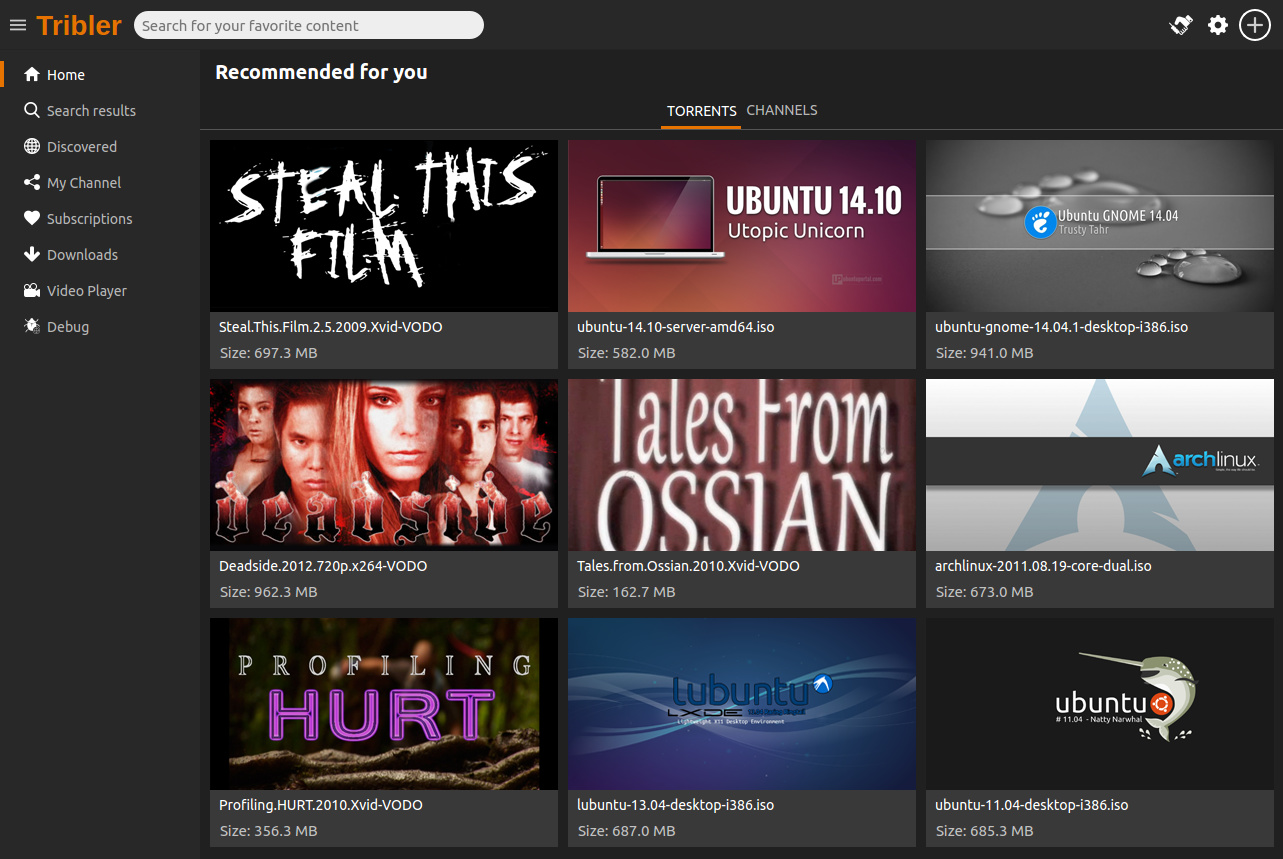

Pay close attention to your feelings as you encounter, respectively, evidence at odds with your views and evidence supportive of them. If you don’t believe me, just observe yourself while on social media. Seeing evidence inimical to your views arouses feelings of aversion, suspicion, perhaps even outrage. The more you dislike the other tribe, the more uncritically you trust your experts and the more suspiciously you view the other tribe’s experts.įor purposes of addressing this problem, a key link in the tribalism-to-cognitive-distortion chain is this: The antagonism is directed not just toward the other tribe’s experts but toward their evidence. On both sides, most people are just trusting their tribe’s designated experts.Īnd what energizes this trust? Often, I think, the answer is antagonism.

As with most issues, few people in either tribe have looked closely at the actual evidence. Pinker is not under the illusion that many members of his (and my) climate-change tribe are under: that people in our tribe have objectively assessed the evidence, whereas climate change skeptics have for some reason failed to do that. Namely, it shapes and drives some of the cognitive distortions that muddy our thinking about critical issues it warps reason.Ĭonsider, again, climate change. For now the point is that tribal antagonism also poses a subtler challenge to his thesis. I do think this form of antagonism is a bigger problem for Pinker’s thesis than he realizes, but that’s a story for another day.

I’m not talking about the obvious downside of tribal antagonism-the way it leads nations to go to war or dissolve in civil strife, the way it fosters conflict along ethnic or religious lines.


 0 kommentar(er)
0 kommentar(er)
